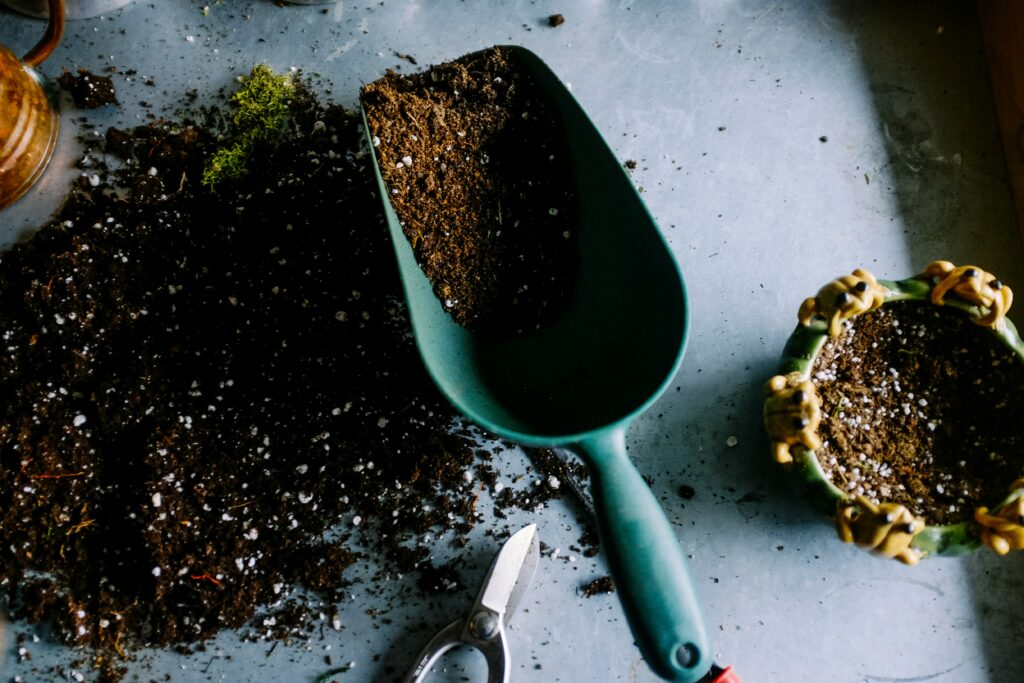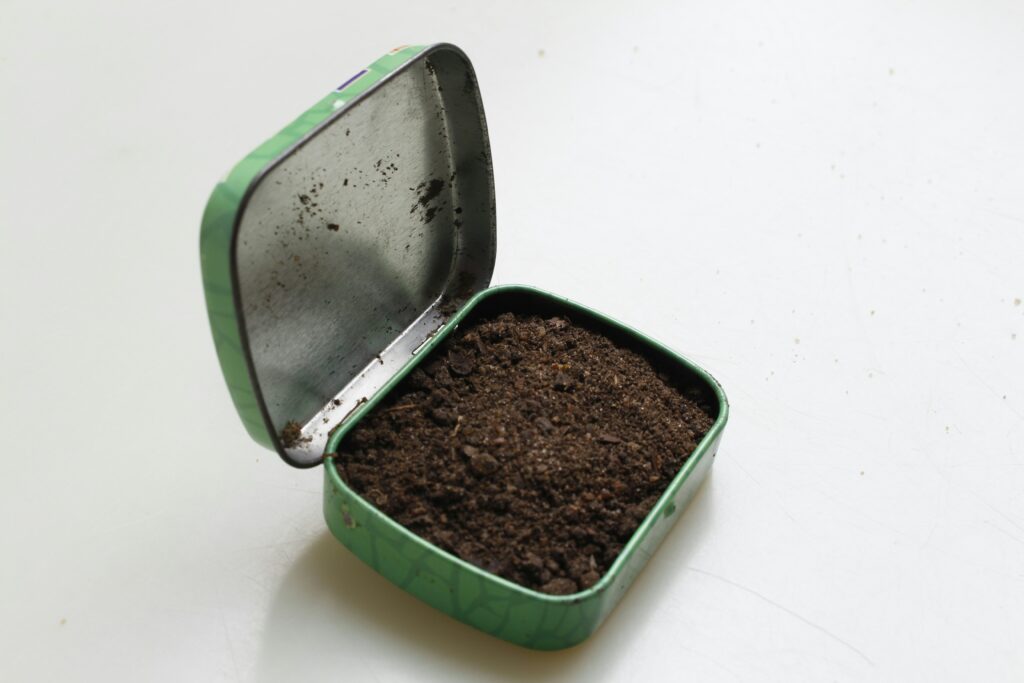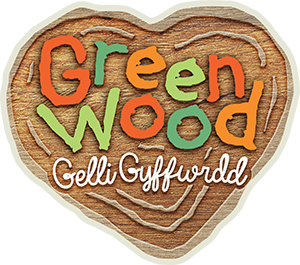NOW
What is Composting and Why Should I Do It?

How to start composting today
Learn how to start composting by reading our complete guide below.
Composting is a straightforward yet powerful method of transforming kitchen scraps and garden waste into nutrient-rich soil. It’s a natural process that mimics nature’s way of recycling organic matter, benefiting both your garden and the environment.
If you’re curious about composting and its advantages, let’s take a closer look into this eco-friendly practice.
What is Composting?
Composting involves decomposing organic materials—such as food scraps, grass cuttings, leaves, and paper—into a dark, crumbly substance known as compost. This nutrient-rich compost can be used to enrich soil in gardens, flower beds, and even indoor plant pots.
Composting harnesses the power of microorganisms, including bacteria and fungi, to break down organic matter. These microorganisms thrive in an environment with the right balance of air, water, carbon (from materials like dried leaves), and nitrogen (from items like fruit peels and grass clippings).

How to Start Composting
Composting is easy and can be done in various ways, depending on your space and preferences. Here’s a basic guide to get started:
Choose a Composting Method:
Outdoor Bin: Use a compost bin or container placed directly on the ground. This can be a DIY setup or a purchased composting bin.
Tumbler: A compost tumbler allows for easy turning and aeration of compost materials.
Vermicomposting: Use worms (specifically red wigglers) to break down organic matter in a controlled environment indoors or outdoors.
Collect, Layer and Maintain
Green Materials: Include fruit and vegetable scraps, coffee grounds, tea bags, and grass clippings.
Brown Materials: Add dried leaves, straw, shredded paper, cardboard, or sawdust.
Alternate layers of green and brown materials in your compost bin. Keep the compost moist but not soggy, and turn it regularly to provide oxygen for the microorganisms. Depending on the method used, it can take several weeks to several months for materials to fully decompose.
Also, make sure to adjust the carbon-to-nitrogen ratio if the compost is too wet or smelly (add more brown materials) or too dry (add more green materials).
Once your compost turns dark and crumbly, it’s ready to use! Harvest the compost and mix it into your garden soil or use it as mulch around plants.
Benefits of Composting
Now, let’s explore why composting is not only good for your garden but also for the planet:
For a start, it reduces waste. Composting diverts organic waste from landfills, where it would otherwise emit methane—a potent greenhouse gas. It also adds essential nutrients to the soil, improving soil structure, moisture retention, and overall fertility. Healthy soil means healthier plants!
This also reduces the need for chemical fertilisers. By using compost, you reduce reliance on synthetic fertilisers that can harm beneficial soil organisms and leach into waterways. What’s more, healthy soil promotes biodiversity by providing a habitat for beneficial insects, earthworms, and microorganisms crucial for plant growth.

It’s good news for your household finances too. Composting reduces the need to purchase commercial soil amendments and fertilisers, saving you money in the long run!
The payoff? More cash in your bank account, plus being assured that you’re contributing to carbon sequestration. Composting helps store carbon in the soil, mitigating climate change by reducing greenhouse gas emissions.
By composting at home, you’re not only improving your garden’s health but also contributing to a more sustainable future. It’s a small action with significant positive impacts on the environment.
Start small by setting up a compost bin in your backyard or exploring vermicomposting indoors. Involve your family or community in the process and celebrate the journey towards greener living.
Visit Greenwood Family Park’s Eco Hub for more tips on sustainable practices and environmental stewardship.









